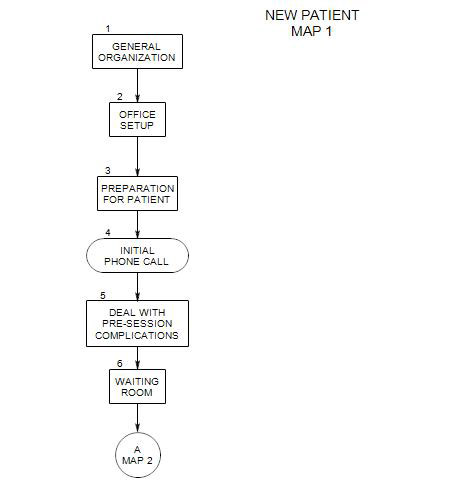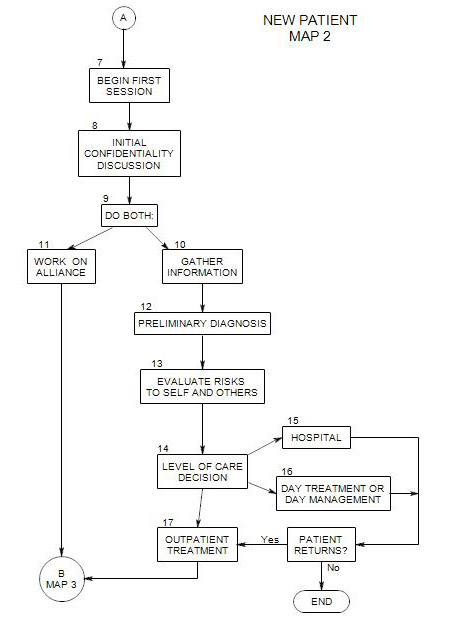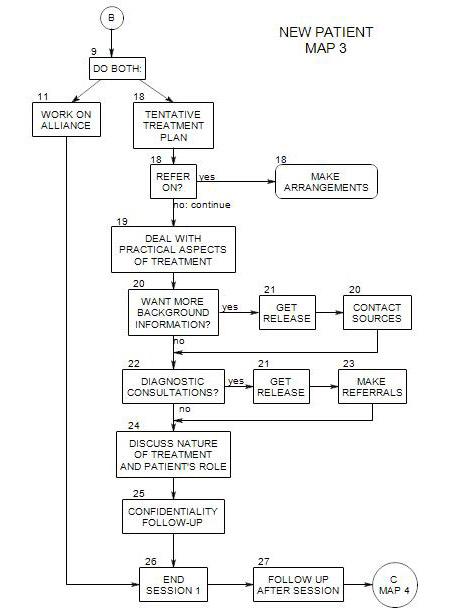-
Follows Section 20 on Map 3
Psychological disturbances can be related to a wide range of other factors, and possibly even caused by them. We tend to think of the information from physicians and psychiatrists as being especially relevant; however, others can also be helpful. Among them are neurologists, neuropsychologists, physical therapists and optometrists.
If you see a possible source of a cognitive or emotional problem that could best be evaluated by another specialist, it is prudent to make the referral for consultation early in treatment.
22a. Medical Referrals
A psychological condition could have a variety of possible physical and neurological implications, that are best evaluated and/or treated medically:
- It may be caused by medication
- It may be a direct consequence of a medical condition
- It may be a reaction to a disease or disability
- It may require medication or other medical intervention for effective control or correction.
22b. Further Diagnostic Information
If you uncover a possible untreated medical condition, you may want to consult with the patient’s physician or refer the patient for an examination.
Referral to a psychiatrist will often lead to another perspective on the patient’s difficulties, as well as new information that you might not have thought to collect.



